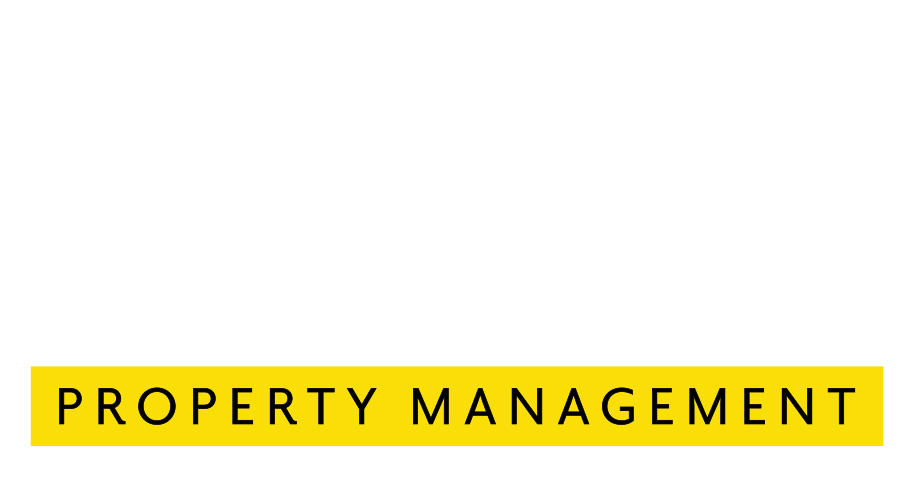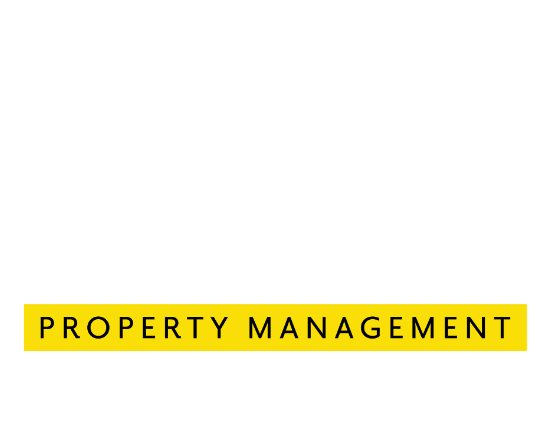Residential rental agreements serve as the foundation of the landlord-tenant relationship in South Carolina. These legally binding contracts outline the terms and conditions of renting a residential property, ensuring both parties understand their rights and responsibilities. This guide provides an in-depth look at South Carolina residential rental agreements, offering valuable insights for landlords and tenants alike.
Understanding Residential Rental Agreements in South Carolina
A residential rental agreement, often referred to as a lease agreement, is a legally binding contract between a landlord and tenant. It outlines the terms and conditions under which the tenant rents the property from the landlord. This includes details such as the duration of the lease, the amount of rent, and the responsibilities of both parties. In South Carolina, these agreements are governed by the South Carolina Residential Landlord and Tenant Act, which provides a framework for fair and equitable rental practices.
Types of Residential Rental Agreements in South Carolina
South Carolina recognizes several types of residential rental agreements, each designed to cater to different rental scenarios:
- Standard Lease Agreement: This is the most common type of agreement. It typically lasts for a fixed period, usually one year, and outlines the terms and conditions of the lease. This type of agreement provides stability for both the landlord and tenant, ensuring a set rental period and a fixed rent amount.
- Month-to-Month Lease: This agreement does not have a set end date and continues until either the landlord or tenant terminates the lease with appropriate notice. This type of agreement offers flexibility for both parties, particularly for tenants who may not be able to commit to a year-long lease.
- Lease to Own Agreement: This agreement provides the tenant with the option to purchase the property at the end of the lease term. It’s an excellent option for tenants who plan to eventually buy a home, as it allows them to “test out” the property before committing to a purchase.
- Roommate Agreement: This agreement is used when multiple tenants are sharing the same rental property. It outlines each tenant’s responsibilities and shares in the rent and utilities, helping to prevent disputes and ensure a harmonious living situation.
- Sublease Agreement: This agreement is used when the original tenant rents out the property to a third party. The original tenant becomes the sublessor, and the new tenant becomes the sublessee. This type of agreement is common in situations where the original tenant needs to move out before the end of the lease term.
Key Components of a South Carolina Residential Rental Agreement
A comprehensive South Carolina residential rental agreement should include the following key components:
- Parties Involved: The agreement should clearly state the full names of the landlord and tenant(s). This establishes who is bound by the terms of the agreement.
- Property Description: The agreement should include the address and description of the rental property. This helps to ensure that there is no confusion about the property being rented.
- Term of the Lease: The agreement should specify the start and end dates of the lease. This defines the duration of the rental period.
- Rent Amount and Payment Details: The agreement should clearly state the amount of rent, when it’s due, and how it should be paid. This helps to prevent disputes over rent payments.
- Security Deposit: The agreement should specify the amount of the security deposit, its purpose, and the terms for its return. This protects the landlord’s financial interests while also informing the tenant of their potential liability.
- Maintenance and Repairs: The agreement should outline who is responsible for maintaining the property and handling repairs. This helps to ensure that the property is kept in good condition.
- Rules and Regulations: The agreement should include any rules the tenant must follow, such as noise restrictions or pet policies. This helps to ensure a peaceful living environment for all residents.
Legal Requirements for South Carolina Residential Rental Agreements
In South Carolina, residential rental agreements must comply with the South Carolina Residential Landlord and Tenant Act. This includes required disclosures such as:
- Lead-Based Paint Disclosure: For properties built before 1978, landlords must disclose the presence of any known lead-based paint hazards. This is a federal requirement and helps to protect tenants from potential health risks.
- Identification of Landlord or Authorized Agents: Landlords must provide the names and addresses of all persons authorized to manage the property or act on the landlord’s behalf. This ensures that tenants know who to contact with any issues or concerns.
Rights and Responsibilities of Tenants and Landlords in South Carolina
Both tenants and landlords in South Carolina have specific rights and responsibilities under state law.
Tenant Rights and Responsibilities:
- Right to a Habitable Property: Tenants have the right to a property that is fit for human habitation. This includes working plumbing, heating, and electrical systems, and a property free from health and safety hazards.
- Right to Privacy: Tenants have the right to privacy in their rental property. Landlords must provide at least 24 hours’ notice before entering the property, except in emergencies.
- Responsibility to Pay Rent: Tenants are obligated to pay rent as agreed in the lease. Failure to do so can lead to eviction.
- Responsibility to Maintain the Property: Tenants must keep the property clean and undamaged. They must notify the landlord if any significant damage occurs.
Landlord Rights and Responsibilities:
- Right to Rent Payment: Landlords have the right to receive rent as agreed in the lease. They can take legal action if the tenant fails to pay.
- Right to Property Condition: Landlords have the right to expect their property to be maintained and not abused. They can deduct costs for repairs due to damage beyond normal wear and tear from the tenant’s security deposit.
- Responsibility to Maintain the Property: Landlords must ensure the property is habitable and promptly address any necessary repairs.
- Responsibility to Respect Tenant’s Rights: Landlords must respect the rights of tenants, including the right to privacy and the right to a habitable property.
How to Create a South Carolina Residential Rental Agreement
Creating a South Carolina residential rental agreement involves several steps:
- Identify the Parties and Property: Start by listing the full names of the landlord and tenant(s) and the address of the rental property.
- Set the Lease Term: Specify the start and end dates of the lease.
- Determine the Rent: State the amount of the monthly rent, when it’s due, and how it should be paid.
- Include a Security Deposit Clause: Specify the amount of the security deposit and the terms for its return.
- Outline Responsibilities: Detail who is responsible for utilities, maintenance, and repairs.
- Include Rules and Regulations: List any rules the tenant must follow, such as noise restrictions or pet policies.
- Add Legal Disclosures: Include any required legal disclosures, such as a lead-based paint disclosure for older properties.
- Sign and Date the Agreement: Both the landlord and tenant should sign and date the agreement. It’s a good idea for both parties to keep a copy.
Downloadable South Carolina Residential Rental Agreement Templates
For those looking for a quick start, there are numerous online resources that offer downloadable South Carolina residential rental agreement templates. These can serve as a starting point, but it’s important to customize them to fit your specific situation and to ensure they complywith all current South Carolina laws. Remember, a template is just a starting point – it’s essential to tailor your agreement to your specific property and rental situation.
Frequently Asked Questions
1. What are the landlord’s responsibilities in South Carolina?
Landlords in South Carolina are responsible for maintaining the property, making necessary repairs, respecting the tenant’s rights, and complying with all relevant laws and regulations. They must also provide a safe and habitable living environment, respond to repair requests in a timely manner, and respect the tenant’s right to quiet enjoyment of the property.
2. What are a tenant’s rights in South Carolina?
Tenants in South Carolina have the right to a habitable property, the right to privacy, and the right to be free from discrimination, among others. They also have the right to receive a written notice before any rent increase or termination of the lease.
3. What happens if a tenant violates a lease agreement in South Carolina?
If a tenant violates a lease agreement, the landlord may have grounds to evict the tenant. The landlord must follow the legal eviction process, which includes providing the tenant with a written notice. The notice must specify the violation and give the tenant a chance to correct the issue.
4. Can a landlord enter the property without permission in South Carolina?
In most cases, a landlord must provide at least 24 hours’ notice before entering the property. However, in emergencies, a landlord may enter without notice. The landlord must respect the tenant’s right to privacy and cannot enter the property for no reason or at unreasonable times.
5. How much can a landlord charge for a security deposit in South Carolina?
In South Carolina, there is no state-mandated limit on security deposits. However, it’s common for landlords to charge the equivalent of one or two months’ rent. The security deposit serves as a safeguard for the landlord in case of unpaid rent or damage to the property.
Conclusion
Understanding South Carolina residential rental agreements is essential for both landlords and tenants. These agreements serve as the foundation of the landlord-tenant relationship, outlining the rights and responsibilities of both parties. By ensuring your agreement is comprehensive, legally compliant, and clearly written, you can help ensure a smooth and successful rental experience.
Whether you’re a property owner looking to rent out your property or a tenant searching for a new home, this guide provides the information you need to navigate South Carolina’s residential rental landscape. Remember, while this guide serves as a great starting point, it’s always a good idea to consult with a legal professional when drafting or signing a rental agreement. Laws can change, and it’s important to ensure your agreement is up-to-date and legally sound.
If you’re in the Irmo, Blythewood, Columbia, Fort Jackson, Chapin, or West Columbia SC areas and need assistance with property management, don’t hesitate to reach out to Ray Covington Property Management. Our experienced team can help you navigate the complexities of residential rental agreements and ensure your property management experience is hassle-free. Contact us today to learn more about how we can assist you with your property management needs. Happy renting in South Carolina!





